Towing a dump trailer can be a practical solution for various hauling needs—whether you’re clearing out a construction site, transporting bulk material, or managing landscaping projects. However, numerous factors determine whether your vehicle is suitable for this task. In this comprehensive guide, we will navigate through the critical aspects of towing a dump trailer, ensuring you have all the information required to make an informed decision.
Understanding Dump Trailers: Types and Specifications
Types of Dump Trailers
When discussing dump trailers, it’s essential to recognize that they come in various forms. Here are some common types:
| Type of Dump Trailer | Description | Best Suited For |
|---|---|---|
| Single Axle | Smaller capacity, lighter weight. | Home projects, landscaping. |
| Tandem Axle | Greater weight capacity. | Construction debris, larger jobs. |
| Gooseneck Dump Trailers | Provides better stability and turning radius. | Heavy-duty hauling, farm use. |
| Hydraulic Dump Trailers | Uses hydraulic systems for dumping. | Construction, heavy loads. |

Key Specifications to Consider
Identifying the right dump trailer isn’t solely about size; factors such as weight, materials, and design also matter significantly. Here are some critical specifications to review:
- Weight Capacity: Know the maximum weight your trailer can handle.
- Gross Vehicle Weight Rating (GVWR): Understand your vehicle’s GVWR compared to the dump trailer.
- Tare Weight: The empty weight of the trailer; crucial for calculating total load.
- Hitch Type: Ensure compatibility between your vehicle’s hitch and the trailer’s hitch.
Vehicle Limitations: Evaluating Towing Capacity
Determining whether you can tow a dump trailer begins with understanding your vehicle’s capabilities. Here are some factors to weigh:
1. Manufacturer Specifications
Every vehicle is manufactured with a towing capacity that should not be exceeded. To find your vehicle’s towing capacity:
- Check the owner’s manual.
- Look for a manufacturer label (often found in the door jamb).
- Consider consulting the manufacturer’s website or contact customer service.
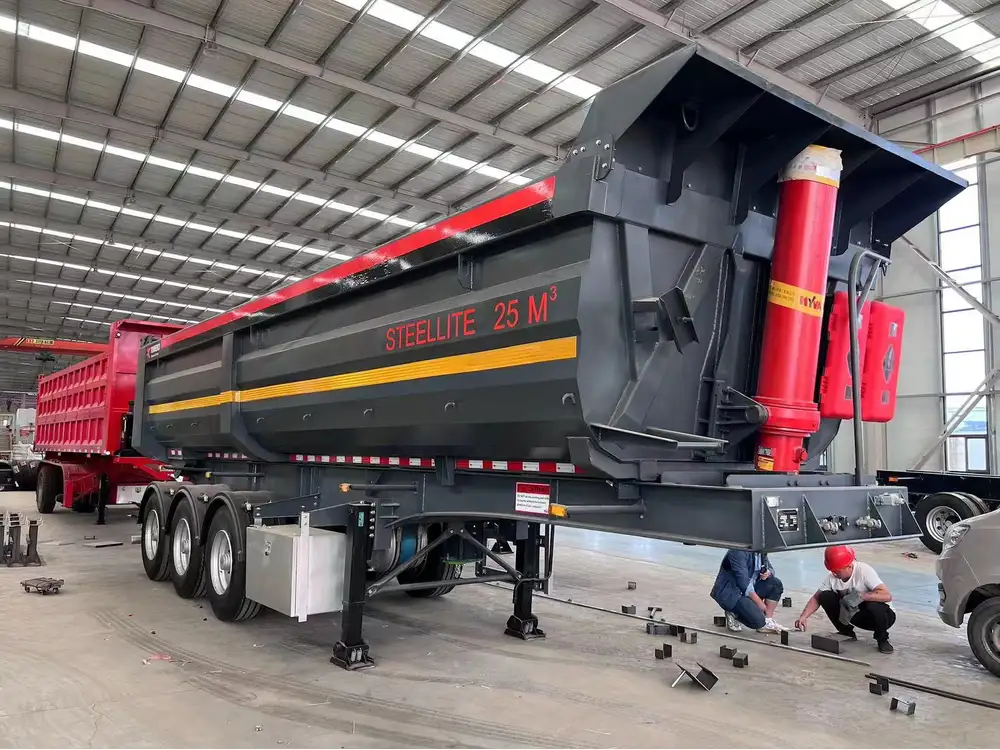
2. Weight Distribution and Payload
Not just the trailer’s weight but also the weight of the payload matters. Ensure that:
- Your vehicle can handle both the loaded dump trailer and the cargo.
- You consider weight distribution—200 lbs of tongue weight can significantly affect towing performance.
Example Breakdown of Weight Considerations
| Component | Weight (lbs) |
|---|---|
| Tare Weight of Dump Trailer | 2,500 |
| Average Payload | 1,500 |
| Vehicle’s Maximum Tow Rating | 6,000 |
| Remaining Capacity | 2,000 (6,000 – (2,500 + 1,500)) |
3. Engine Power and Transmission
The engine’s horsepower and torque ratings are crucial; if your vehicle underperforms, your towing experience could be hazardous. Stronger engines provide better acceleration and braking performance, which are vital when towing heavy loads.
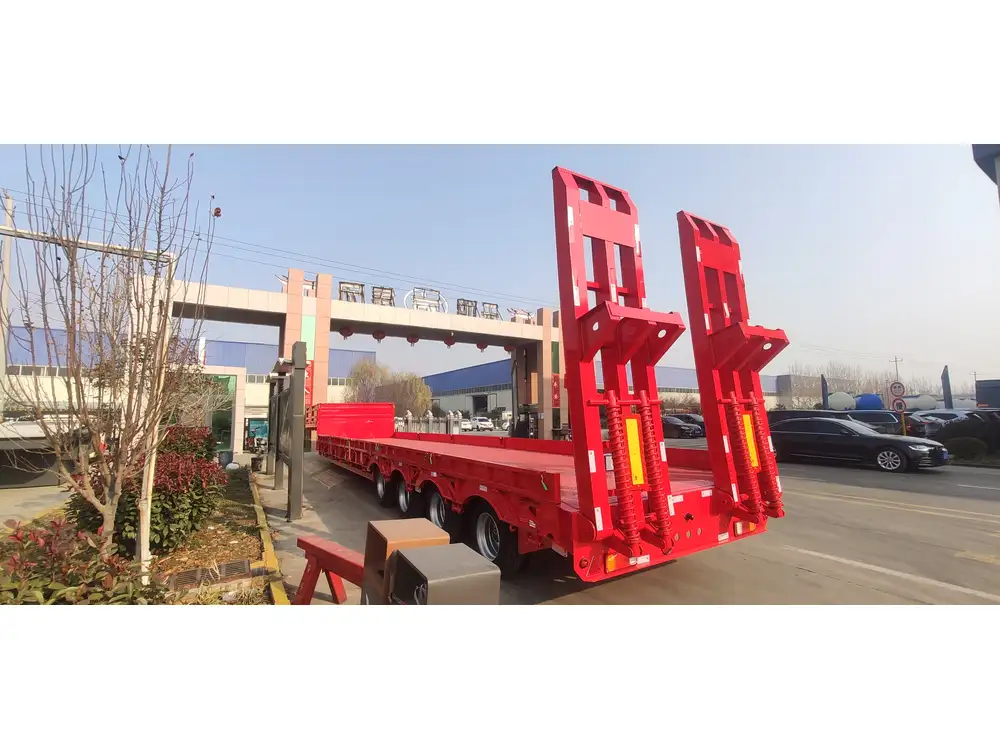
Legal and Safety Considerations
Towing a dump trailer doesn’t just require the right vehicle; legal regulations and safety measures are crucial as well.
License and Permit Requirements
- Class of License: Depending on your location, the type of license you need may vary. Some places require a special license to tow certain weight classes.
- Permits: Local regulations may dictate permit requirements, especially for oversized loads.
Safety Features and Equipment
- Brake Control System: Vital for safe stopping, particularly for larger trailers.
- Safety Chains: Ensure that your trailer is double-secured with safety chains.
- Tires: Confirm your tires are rated appropriately for the added weight.
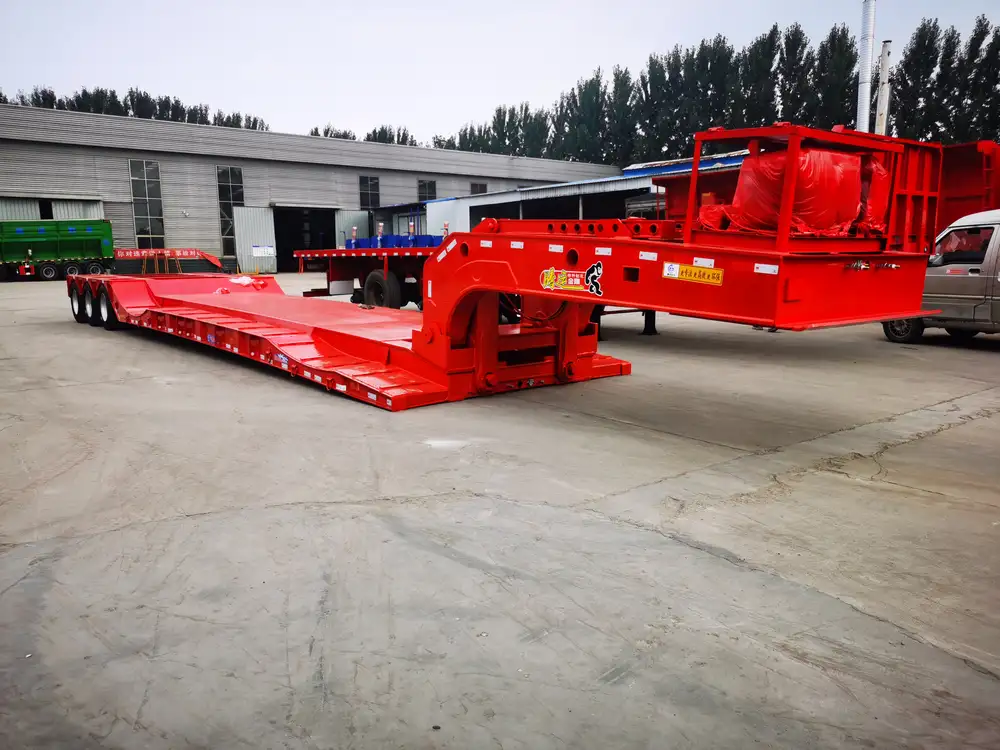
Regular Maintenance for Towing
Routine checks help ensure safety while towing:
- Inspect the hitch and couplings.
- Ensure the wiring for brakes and tail lights is functional.
- Monitor tire pressure and tread wear on both the vehicle and trailer.
Common Challenges When Towing a Dump Trailer
1. Weight Distribution Issues
Improperly distributing the load can lead to swaying or loss of control. Follow these suggestions:
- Load heavier items at the front (5-10% of the total weight should rest on the hitch).
- Secure all loads well to prevent shifting during transport.
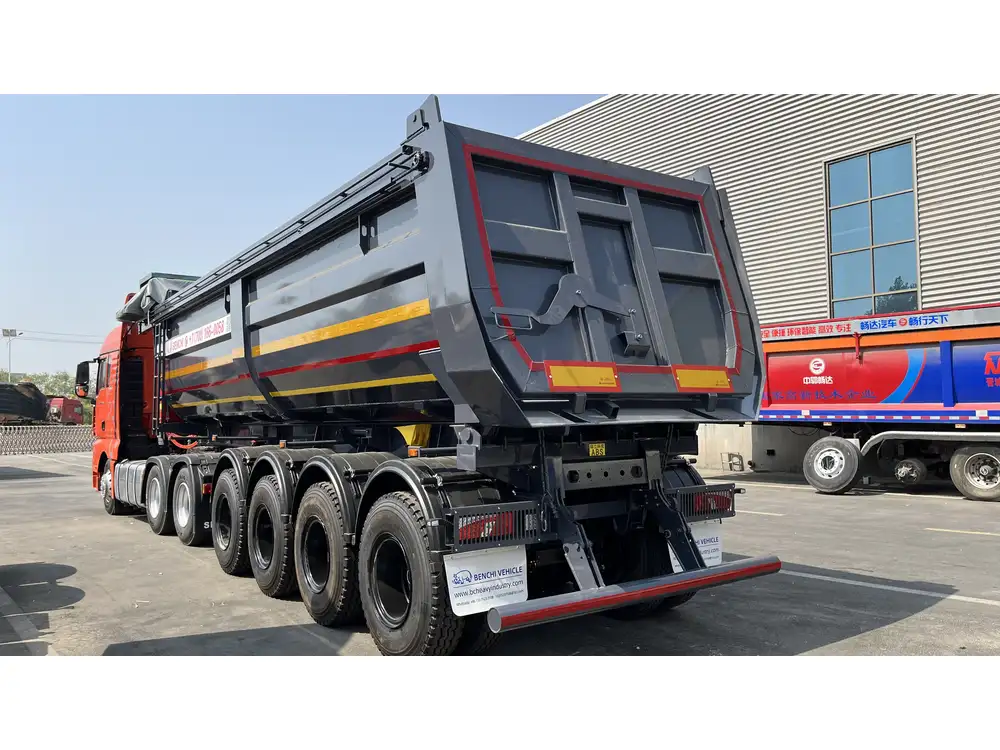
2. Increased Stopping Distance
Towing dramatically increases your stopping distance. Here are tips to maintain control:
- Allow extra space between you and the vehicle ahead.
- Use lower gear settings when traveling downhill to increase braking capability.
3. Maneuvering Difficulties
Dump trailers can obscure visibility. To counter this:
- Invest in towing mirrors to improve blind spot visibility.
- Practice turning and backing up with shorter distances before using the dump trailer.
Conclusion: Making the Right Decision for Towing a Dump Trailer
In closing, determining if you can tow a dump trailer hinges on various factors: your vehicle’s specifications, the trailer’s requirements, legal considerations, and attention to safety.
If you find yourself still pondering over your capacity or need further clarification on specifications, it’s wise to consult with professionals. Engaging with a vehicle specialist or a dump trailer manufacturer can provide deeper insights and help tailor solutions specific to your needs.
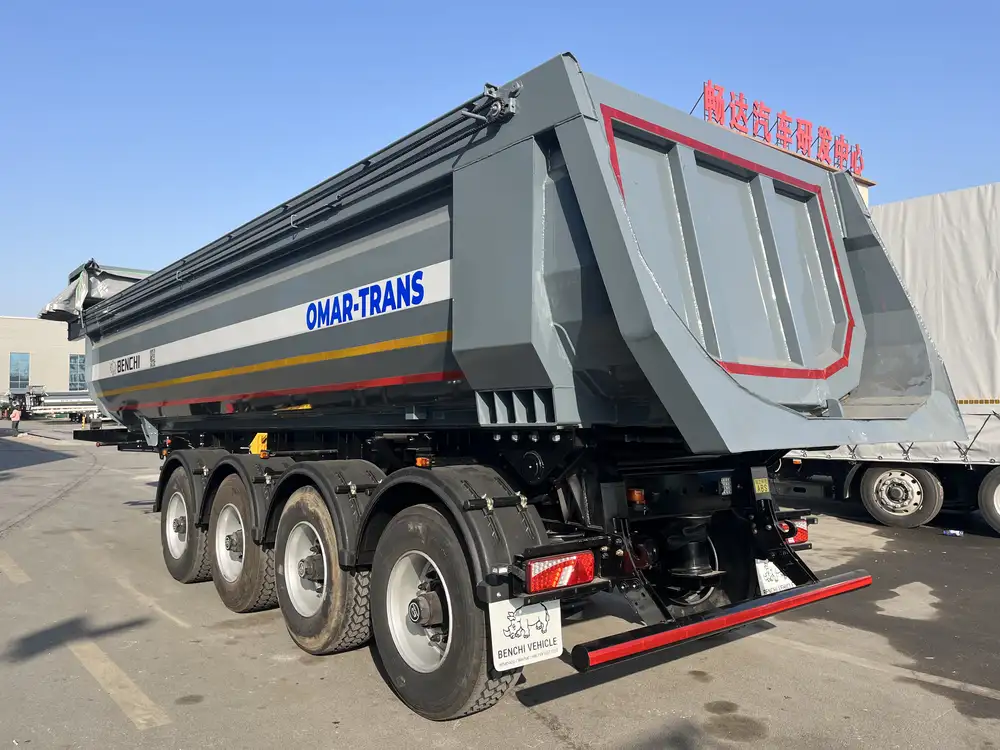
Suggested Steps Before Towing
- Confirm Vehicle Capability: Double-check your vehicle’s specs and towing lineage.
- Choose the Appropriate Trailer Size: Match the trailer type not just to your vehicle, but also to your specific hauling needs.
- Prioritize Safety: From permits to regular checks, ensuring safety should be your utmost priority.
By understanding these elements, you can make confident decisions regarding towing a dump trailer, turning daunting tasks into manageable endeavors. Whether you’re a DIY enthusiast or a professional contractor, the right preparation can lead to success on your hauling adventures.



